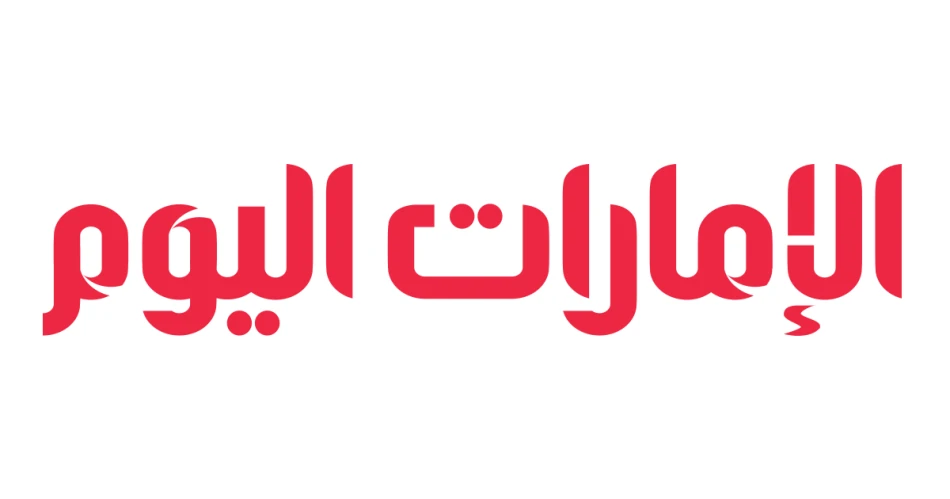
Czech Republic Exploring Peacekeeping Role in Ukraine amid Conflict
Czech Republic Signals Readiness for Ukraine Peacekeeping Role as Ceasefire Prospects Emerge
Czech Defense Minister Jana Černochová has indicated that Prague would consider deploying troops as part of international peacekeeping forces in Ukraine should a ceasefire agreement be reached, marking another European nation's potential commitment to post-conflict stabilization efforts. The statement reflects growing European discussions about concrete security arrangements for Ukraine's future, even as active fighting continues.
Coalition Approach to Ukraine Deployment
Černochová emphasized that no formal request has yet been made for such deployment, but stressed that any Czech participation would align with decisions made by the "Coalition of the Will" – a grouping of nations supporting Ukraine to which the Czech Republic belongs. This coalition-based approach mirrors how European nations have coordinated military aid throughout the conflict, suggesting peacekeeping efforts would follow similar multilateral frameworks.
The minister outlined potential roles beyond traditional peacekeeping, including training Ukrainian forces and supporting demining operations – practical contributions that reflect lessons learned from other post-conflict environments.
European Peacekeeping Precedent and Strategic Implications
The Czech position fits within broader European discussions about post-war Ukraine security arrangements. Similar to peacekeeping deployments in the Balkans during the 1990s, European nations are positioning themselves as key stakeholders in Ukraine's long-term stability rather than leaving such responsibilities solely to NATO or UN frameworks.
Practical Military Contributions
The Czech Republic's focus on training and demining operations reflects realistic assessments of post-conflict needs. Ukraine faces an estimated decades-long demining challenge, with explosive remnants scattered across territories that have changed hands multiple times. European militaries, including Czech forces, possess specialized expertise in these areas from previous Balkan and Middle Eastern deployments.
Geopolitical Positioning for Post-Conflict Order
Prague's early signaling of peacekeeping readiness serves multiple strategic purposes. It demonstrates continued commitment to Ukrainian sovereignty while positioning the Czech Republic as a reliable partner in European security architecture. This approach contrasts with more cautious positions from larger European powers who may face greater domestic political constraints on troop deployments.
The timing also reflects growing confidence among Ukraine's supporters that eventual ceasefire negotiations may become more realistic, requiring concrete plans for implementation and monitoring mechanisms. Czech participation would likely encourage other Central European nations with strong anti-Russian positions to make similar commitments.
Military and Economic Considerations
For Czech military planners, Ukraine peacekeeping would represent a significant operational commitment requiring sustained funding and political support. However, the country's NATO membership and existing defense relationships provide frameworks for burden-sharing with allies. The economic implications extend beyond military costs to potential reconstruction contracts and long-term security partnerships with post-war Ukraine.
The Czech approach suggests European nations are moving beyond reactive military aid toward proactive planning for Ukraine's post-conflict transition, recognizing that sustainable peace will require long-term international presence and support.
Most Viewed News

 Sara Khaled
Sara Khaled






